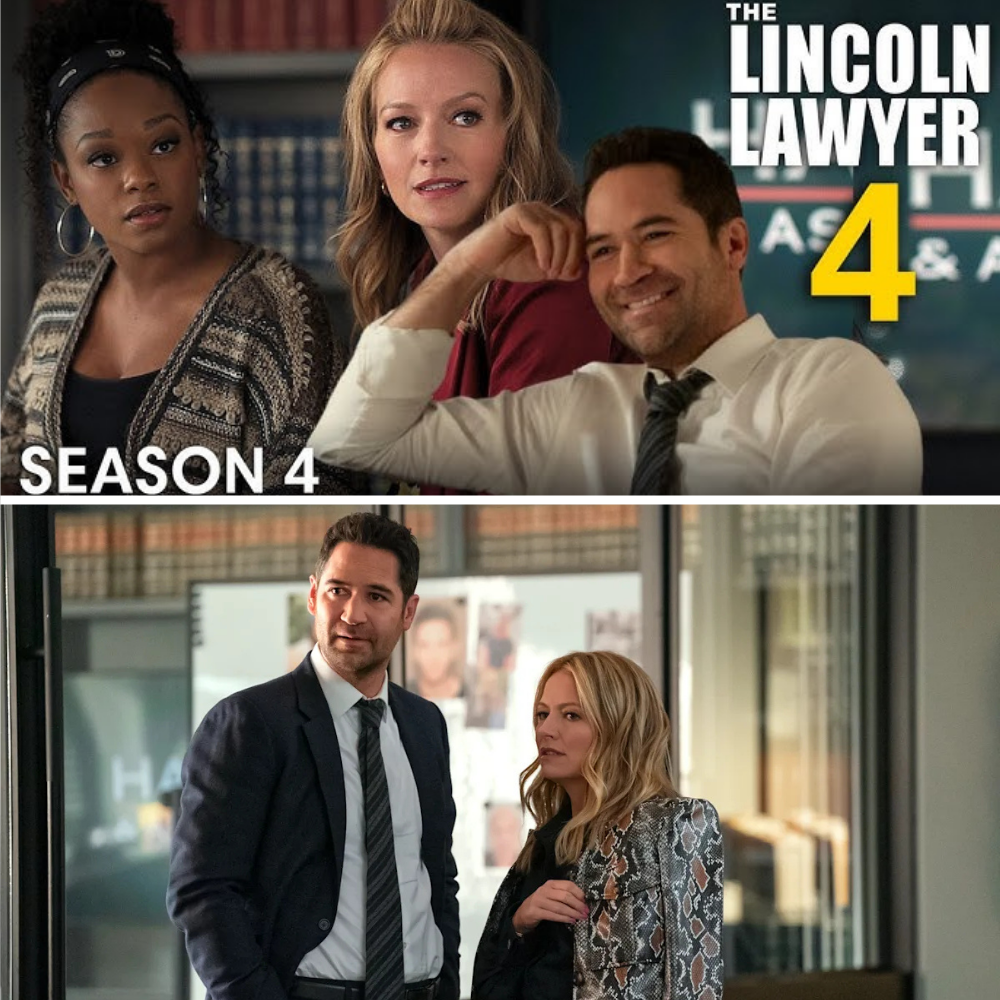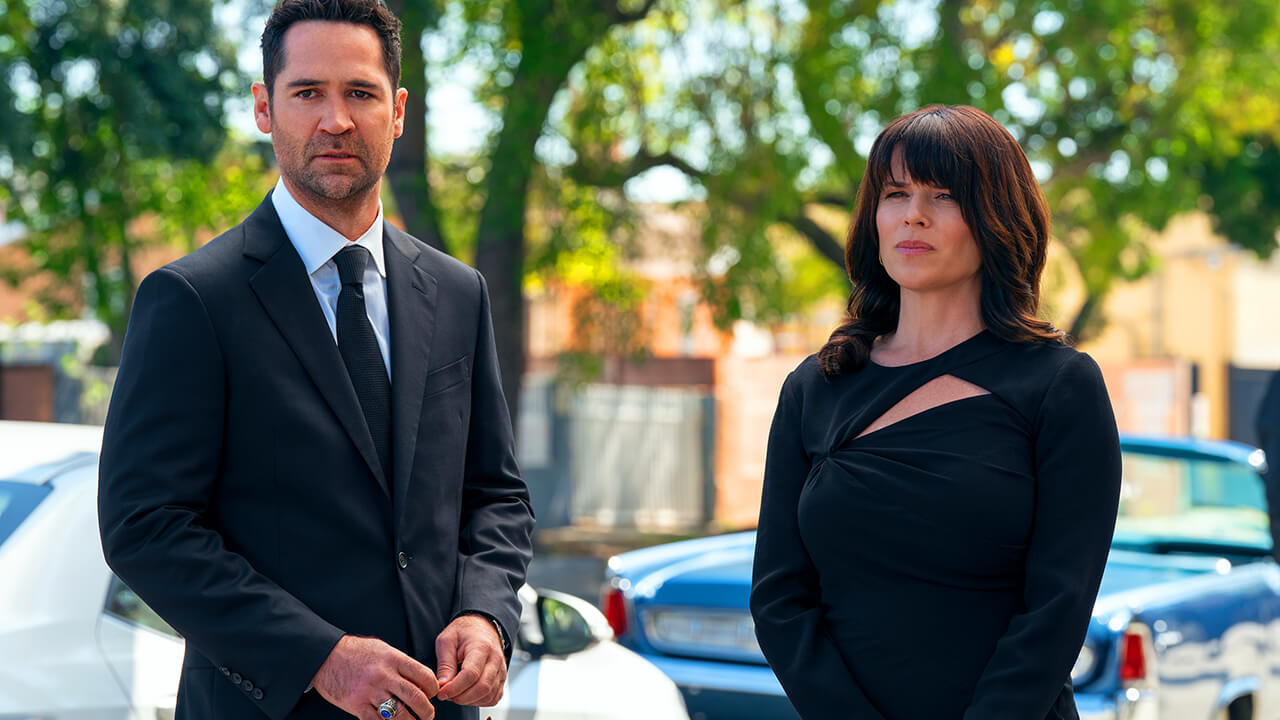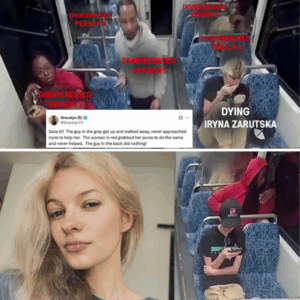
It started as a slow burn — a focused, procedural look at a determined LAPD detective working out of a dusty, overlooked corner of the department. It ends with one of the most stunning cliffhangers seen on TV this year. Ballard, the latest series adapted from Michael Connelly’s expansive crime fiction universe, has arrived on Prime Video, and it’s already drawing comparisons to the author’s previous mega-hit, The Lincoln Lawyer on Netflix. But this isn’t just another procedural drama. It’s a series that understands exactly when to go by the book — and when to rip it up entirely.
And that’s exactly what happens in the final moments of Ballard season 1.
From the very beginning, Ballard sets itself apart. Its lead, Renee Ballard, isn’t a traditional detective hero. She’s head of the LAPD’s underfunded cold case division — a makeshift team working after hours, staffed by volunteers and misfits. Her mission? To bring justice to long-forgotten victims, even if it means going against the department’s orders. Ballard’s resolve, dedication, and moral compass place her squarely in the tradition of Michael Connelly’s morally gray but fiercely ethical protagonists.
But just as she starts to gain momentum — solving a years-old string of murders tied to a local serial killer — the story veers into deeply unexpected territory. Not only does her team uncover a dark web of internal police corruption, but Ballard herself becomes the scapegoat. The season ends with her being arrested for the murder of Lieutenant Robert Olivas — a man she had publicly clashed with earlier in the season.
Sound familiar? It should.
This is the second time in less than a year that a Connelly protagonist has ended their season in handcuffs for a crime they didn’t commit. The Lincoln Lawyer’s Mickey Haller faced an eerily similar fate at the end of season 3, when the body of conman Sam Scales was discovered in his trunk — right after Haller had threatened him. That twist left fans reeling and set the stage for a highly anticipated fourth season. Ballard now follows suit, suggesting a deeper theme running through Connelly’s universe.
The wrongfully accused protagonist is more than just a narrative device — it’s a signature. Harry Bosch, Mickey Haller, Jack McEvoy, even minor one-off characters — all have faced the justice system from the inside, accused of crimes that place them on the opposite side of the badge or the bench. These moments test the very soul of Connelly’s characters. They expose institutional flaws, demand moral reckonings, and force the viewer (or reader) to ask one key question: what if the system you believed in turns against you?

Renee Ballard’s wrongful arrest may be the most dramatic example of this theme yet. Unlike Haller, who’s a charismatic, fast-talking defense attorney used to navigating the legal labyrinth, Ballard is a boots-on-the-ground cop, a woman fighting for justice in a male-dominated system with a long shadow of corruption. Her arrest for Olivas’s murder doesn’t just throw her life into chaos — it suggests the very institution she’s tried to reform is now actively trying to silence her.
The brilliance of the twist lies in its unpredictability. In Connelly’s books, Lieutenant Olivas is very much alive. Killing him off in the show is a radical departure that leaves even the most dedicated readers stunned. It signals to fans that Ballard is willing to take bold liberties in service of story — and that no character is truly safe.
And yet, the twist isn’t just shock for shock’s sake. It’s meticulously foreshadowed. Ballard’s confrontations with Olivas, her threats to expose high-level corruption, and the tension brewing between her team and the LAPD’s brass all build toward this moment. What feels sudden is, in retrospect, inevitable.
What happens next is anyone’s guess. Will Ballard fight to prove her innocence? Will her ragtag team stay loyal or turn their backs? Is the department framing her — or is someone else pulling the strings?
Whatever the answer, it’s clear that Ballard has cracked the code when it comes to crafting compelling, addictive crime drama. It blends the procedural depth of Bosch with the legal thrills of The Lincoln Lawyer, and then raises the stakes with an emotional gut punch in its final minutes. And thanks to its crossover DNA — Ballard exists in the same world as Bosch and Haller — the possibilities for future episodes are endless.
Could we see a crossover? A Mickey Haller cameo? A shared case? Fans are already speculating, and Connelly himself has hinted at deeper integration across his television universe.
What’s certain is this: lightning has struck again. Just like The Lincoln Lawyer, Ballard proves that high-quality crime storytelling can thrive in the streaming era — especially when driven by complex, flawed, and deeply human protagonists. The show invites viewers to root not for perfect heroes, but for relentless truth-seekers caught in systems designed to break them.
In a landscape crowded with flashy crime shows and half-baked twists, Ballard stands apart — not by reinventing the genre, but by mastering it. And by the time the credits roll on episode ten, viewers aren’t just left with a cliffhanger. They’re left with a question:
When justice turns its back on you, who will fight to clear your name?
If you’re a fan of The Lincoln Lawyer, Bosch, or just love your thrillers with brains, heart, and a gut-punch twist — Ballard deserves a spot at the top of your watchlist.


